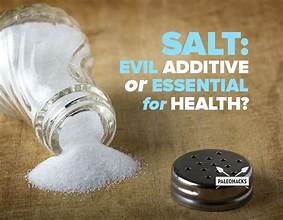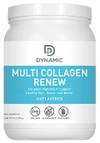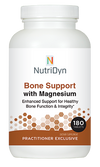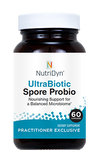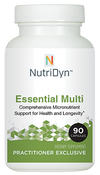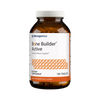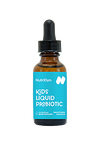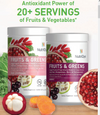Conclusions from recent hypertension study:
- Limiting salt intake to your diet is the most proven way to lower blood pressure
- Eating foods rich in low-fat dairy products, vegetables, fruits and whole grains can also help you better control your blood pressure.
- Hypertension can lead to a heart attack, heart failure, kidney damage and stroke,
- Low-sodium diet lowered systolic blood pressure in nearly 75% of participants.
- blood pressure affects the elasticity of your arteries and the volume of blood affects your circulatory system.
- Limiting salt intake to your diet is the most proven way to lower blood pressure
-
The study analyzed the results of individuals with the following blood pressures:
- 25% with normal blood pressure
- 25% with untreated hypertension
- 20% whose blood pressure was under control
- 31% whose blood pressure was not under control
Low-salt diet lowers blood pressure as well as Hypertension Medication
- News
- 25 Nov, 2023
Low-salt diet lowers blood pressure as well as hypertension medication.
Cutting out a teaspoon of salt from a diet everyday can lower blood pressure as much as most hypertension medications, a study published this month in the Journal of the American Medical Association found.
Conclusions from recent hypertension study:
- Limiting salt intake to your diet is the most proven way to lower blood pressure
- Eating foods rich in low-fat dairy products, vegetables, fruits and whole grains can also help you better control your blood pressure.
-
The study analyzed the results of individuals with the following blood pressures:
- 25% with normal blood pressure
- 25% with untreated hypertension
- 20% whose blood pressure was under control
- 31% whose blood pressure was not under control
- Hypertension can lead to a heart attack, heart failure, kidney damage and stroke,
- Low-sodium diet lowered systolic blood pressure in nearly 75% of participants.
- blood pressure affects the elasticity of your arteries and the volume of blood affects your circulatory system.
- Limiting salt intake to your diet is the most proven way to lower blood pressure.
A low-sodium diet lowered systolic blood pressure in nearly 75% of the 213 people who participated in the allocated diet order crossover study. Unlike with the high-sodium diet, just one week of the low-sodium diet dropped 8 millimeters of mercury in systolic blood pressure.
The study assigned the participants, ages 50 to 75, one week of either a high- or low-sodium diet before switching to the other.
During the high-sodium week they consumed two bouillon packets with 1,100 milligrams of sodium along with their normal diet. While on the low-sodium week, they strictly ate low sodium foods provided by dietitians to average just 500 milligrams of salt a day.
The study analyzed the results of individuals with the following blood pressures:
- 25% with normal blood pressure
- 25% with untreated hypertension
- 20% whose blood pressure was under control
- 31% whose blood pressure was not under control
How many Americans have high blood pressure?
Nearly half of all Americans live with hypertension or high blood pressure, according to the American Heart Association.
About a third of people with high blood pressure have “resistant” hypertension, which is someone who does not respond to the correct use of three types of medications.
Hypertension can lead to a heart attack, heart failure, kidney damage and stroke, according to a World Health Organization report published in September. There are often no symptoms and requires people to take a blood pressure test to learn their status.
What causes high blood pressure?
Hypertension can be the result of multiple risk factors including family history, sleep issues, high stress levels, obesity, diabetes and being pregnant or post-menopausal.
"Simply put, anything that affects the elasticity of your arteries or the volume of blood in your circulatory system will affect your blood pressure," M. Scott Dawson, a cardiologist at Inspira Medical Group Cardiology, told USA TODAY earlier this year.
Study:Whole grains linked to slower cognitive decline among elderly Black people
How much salt should I eat?
While a teaspoon of salt (or 2,300 milligrams) is the top daily limit for those over 14 by U.S. nutritional guidelines, the American Heart Association recommends a diet with less than 1,500 milligrams of sodium a day especially for individuals diagnosed with high blood pressure.
Limiting salt intake to your diet is the most proven way to lower blood pressure but eating foods rich in low-fat dairy products, vegetables, fruits and whole grains can also help you better control your blood pressure.
These statements have not been evaluated by the Food and Drug Administration. This product is not intended to diagnose, treat, cure, or prevent any disease
With Love and Infinite Wisdom, Vivienne: Savourer bon ami and reed Wilson news editor.

